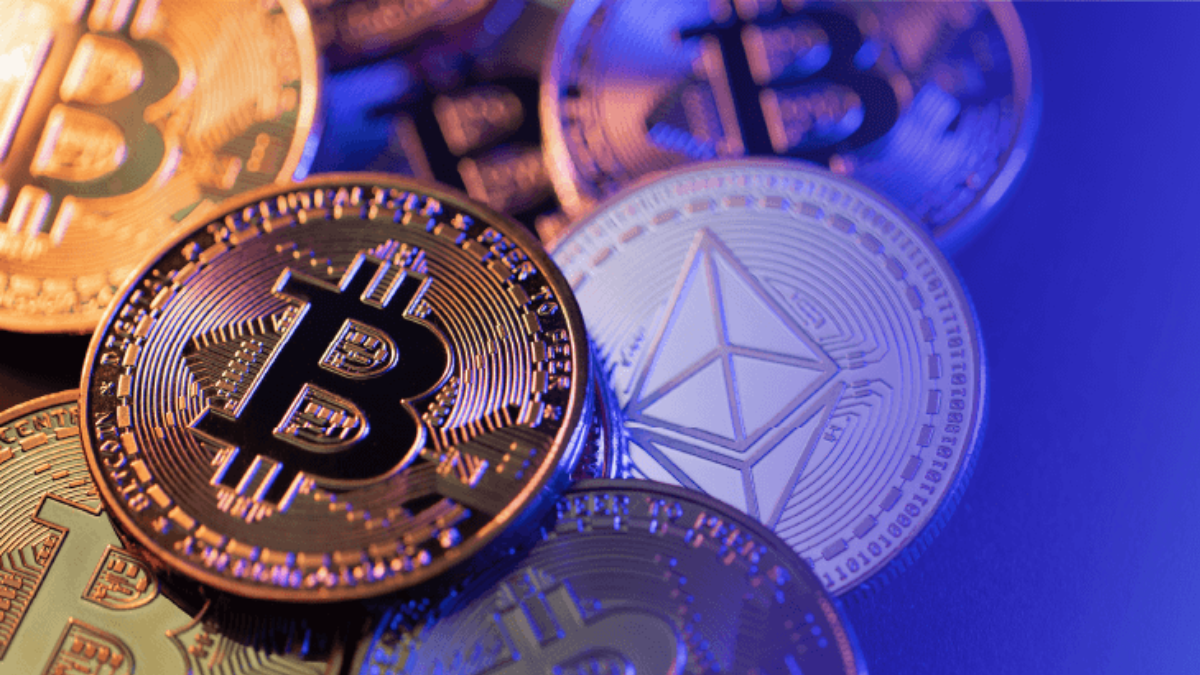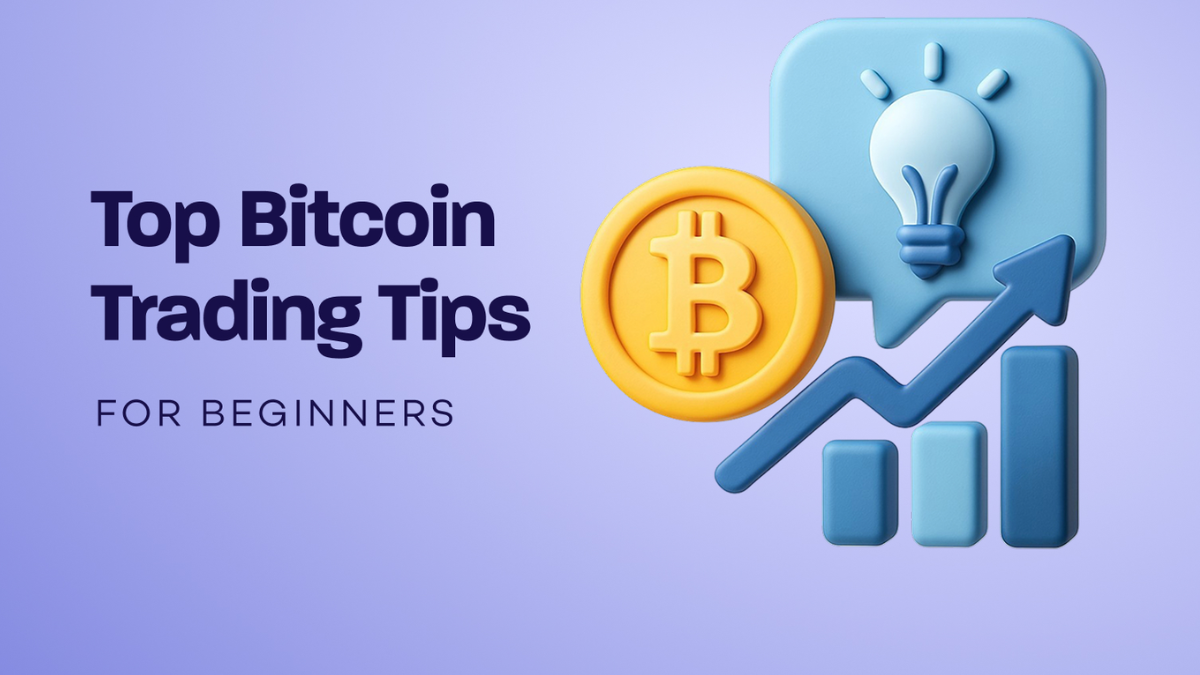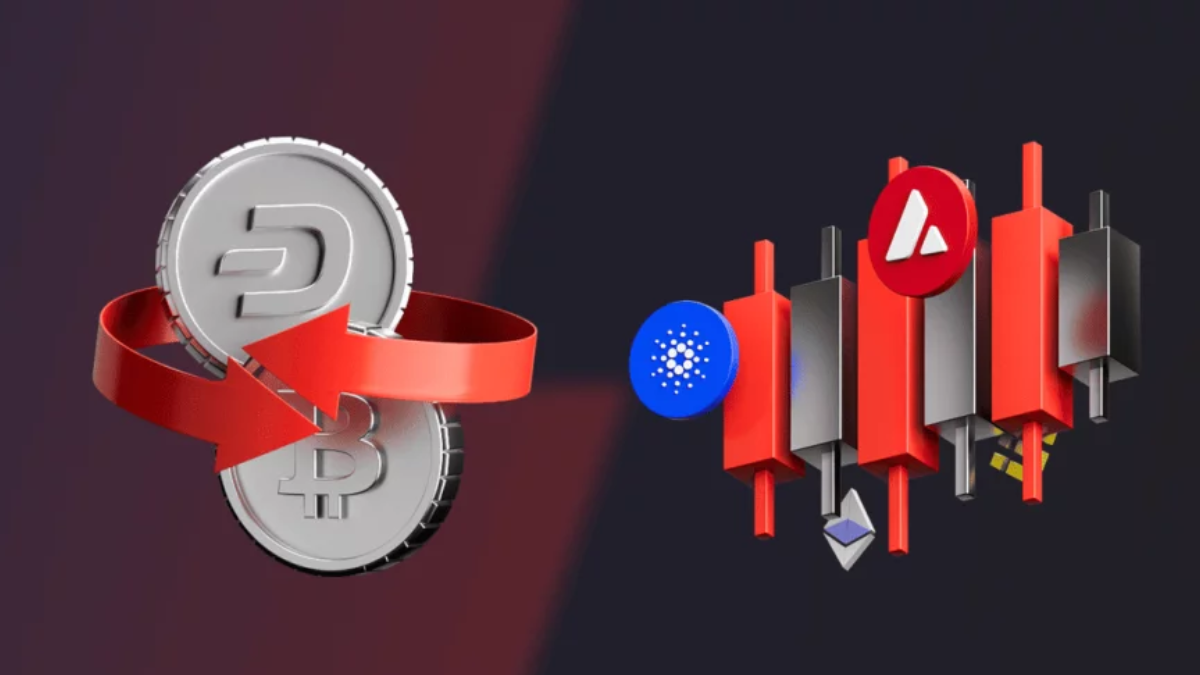Choosing a Bitcoin broker as a beginner can feel overwhelming. The cryptocurrency world is full of platforms, exchanges, and brokers—each offering different features, security levels, and user experiences. For someone just starting, safety is often the top concern. A secure broker not only protects your funds but also gives you peace of mind as you learn how trading works. The right broker helps you grow confidently without falling into avoidable pitfalls.
In this article, we explore what makes a broker safe for beginners, examine some of the most trusted names in the industry, and guide you on how to choose a broker that aligns with your risk tolerance and learning curve.
What Defines a Safe Bitcoin Broker for New Traders?
A safe broker is not just about low fees or a sleek app. Security, regulatory compliance, and transparency are crucial. First and foremost, a trustworthy broker should be regulated in a well-respected jurisdiction, meaning it follows rules designed to protect customers’ assets. Second, a broker should offer strong security measures, such as two‑factor authentication, cold storage of digital assets, and encryption. Third, a broker should be transparent about its fees, withdrawal processes, and how it stores funds.
For beginners, ease of use is also very important. Platforms that provide a clear interface, educational resources, and responsive customer support help new traders navigate the confusing world of Bitcoin. Finally, liquidity matters: a broker with high liquidity ensures that buying or selling Bitcoin is more efficient, even for larger amounts.
Which Bitcoin Brokers Are Most Trusted by Beginners?
Several brokers have earned reputations for being particularly safe and beginner‑friendly. Here are a few names that many new traders consider reliable:
Coinbase is often the first choice for newcomers. Its intuitive interface, strong security practices, and regulatory compliance in many countries give beginners confidence. Coinbase stores most user funds offline in cold storage, uses two‑factor authentication, and offers insurance protection for certain account balances.
Kraken stands out for its robust security track record and its commitment to transparency. It offers both basic and advanced trading views, so a beginner can start simple and upgrade as knowledge grows. Kraken is regulated and has a long history in the cryptocurrency industry, making it a reliable option for storing and trading Bitcoin safely.
Gemini emphasizes regulation and compliance. Founded by well-known figures in crypto, Gemini operates under strict U.S. regulatory oversight, provides insurance on digital assets, and requires identity verification. Its security infrastructure is strong and its educational resources are accessible for beginners.
eToro combines social trading with ease of use. Beginners can mimic more experienced traders, which helps in learning. eToro is regulated in multiple regions and uses strong client fund protection mechanisms. While it may not offer full control over private keys (depending on account structure), its ease and trustworthiness make it a safe entry point.
Bitstamp is another veteran broker with a solid reputation. It has a straightforward interface, high liquidity, and good security practices, making it a good choice for beginners who want reliability rather than gimmicks.
How to Evaluate Brokers Based on Safety
When you are evaluating Bitcoin brokers, focus on a few key areas to assess safety. Look for regulatory licenses or registrations in the broker’s homepage or legal section. Confirm that the broker segregates client funds and keeps a large portion in cold storage. Check whether the platform offers insurance or compensation schemes in case of hacks or failures.
Examine the broker’s security features. Strong brokers support two‑factor authentication, offer alerts for unusual login activity, and sometimes provide hardware wallet integrations. Transparency around fees and trade execution is vital. Beginners should avoid brokers with opaque or unpredictable costs.
Educational tools and customer support are also part of safety. A broker that helps new users understand trading, rather than just pushing trades, is very valuable. Trustworthy brokers have efficient support teams and informative blogs, webinars, or guides.
Common Safety Mistakes Beginners Should Avoid
Even the safest broker cannot protect you if you make avoidable mistakes. One major risk is reusing weak or easily guessable passwords. Always use a strong, unique password for your trading account and enable two‑factor authentication without exception.
Another mistake is keeping all your Bitcoin in the broker’s wallet when you plan long‑term holding. While many brokers offer secure storage, storing large amounts in a personal hardware wallet is often safer. Beginners should also be alert to phishing attempts: always verify the site URL before logging in, and never click suspicious links claiming to be from your broker.
Some beginners also assume that insurance covers all losses. But coverage varies significantly; it often protects only against certain types of hacks or theft, not against market losses or user error. Understanding the limitations of protection is key.
Tips for Starting Safely with Your Chosen Broker
Start small so you can test how the broker works without exposing yourself to too much risk. Use the educational resources offered by your broker, and take advantage of demo or practice accounts if available. Set up strong security measures immediately—enable two‑factor authentication, set withdrawal whitelists, and regularly review your account activity.
Create a basic plan for how you will trade or invest. Decide your risk limits, how much Bitcoin you will hold on the platform vs. a personal wallet, and how often you will monitor or trade. Finally, stay informed: subscribe to updates from your broker about security practices, policy changes, or feature upgrades, and follow reliable crypto news sources.
FAQs About Safest Bitcoin Brokers for Beginners
Is Coinbase the safest broker for beginners?
Coinbase is widely considered safe for beginners due to its regulatory compliance, user-friendly interface, and strong security infrastructure. However, whether it is the “safest” depends on your priorities, such as control over private keys or cost structure.
Can a broker go bankrupt and lose my Bitcoin?
While rare, broker insolvency can be a risk. Regulated platforms may provide some protections, but they rarely guarantee full recovery of assets. For long-term holdings, many recommend transferring Bitcoin to a personal wallet rather than keeping it on the broker.
Does regulation ensure absolute safety?
Regulation helps by enforcing financial standards, but it does not eliminate all risk. Even regulated brokers can be vulnerable to hacks or operational failures. Regulation should be just one of the criteria when assessing a broker’s safety.
What happens if the broker gets hacked?
If a broker is hacked, the outcome depends on its insurance, security reserves, and business policies. Some brokers have insurance to cover part of user losses, but coverage is often limited. That is why it is important not to keep all your funds on the broker.
How can I protect my Bitcoin held at a broker?
You can protect your Bitcoin by enabling two‑factor authentication, verifying withdrawal addresses, using strong passwords, and limiting the amount you keep on the platform. For better security, transfer long-term holdings to a hardware wallet.
Should I use a broker with a social trading feature?
A broker with social trading, like eToro, can be helpful because you can learn by copying experienced traders. But you should still evaluate its security, fees, and regulation to make sure it aligns with your safety goals.
How often should I check my broker’s security updates?
Regularly checking for security updates is wise. You should review your broker’s announcements, read up on its security policies, and stay informed about new features or changes that can impact the safety of your funds.
Conclusion
For beginners starting with Bitcoin trading, safety should be the foundation of every decision. A secure and regulated broker gives you confidence while learning, protects your funds, and enables you to grow without unnecessary risk. Brokers like Coinbase, Kraken, Gemini, and eToro are well-regarded for their security features, regulatory adherence, and beginner-friendly tools. But no matter how safe a broker is, your own actions matter: strong passwords, proper wallet management, and cautious trading behavior play a critical role.
Choosing a broker wisely and using it responsibly helps you build a solid and secure trading journey. By combining a trusted platform with disciplined habits, you can minimize risk and focus on learning how Bitcoin trading works.
Key Takeaway
The safest Bitcoin broker for beginners is one that combines strong regulatory compliance, robust security measures, transparent operations, and user-friendly education. Popular options like Coinbase, Kraken, Gemini, and eToro balance security and usability. But true safety comes from your own practices: protecting your account, controlling risk, and knowing when to move assets to a personal wallet.




